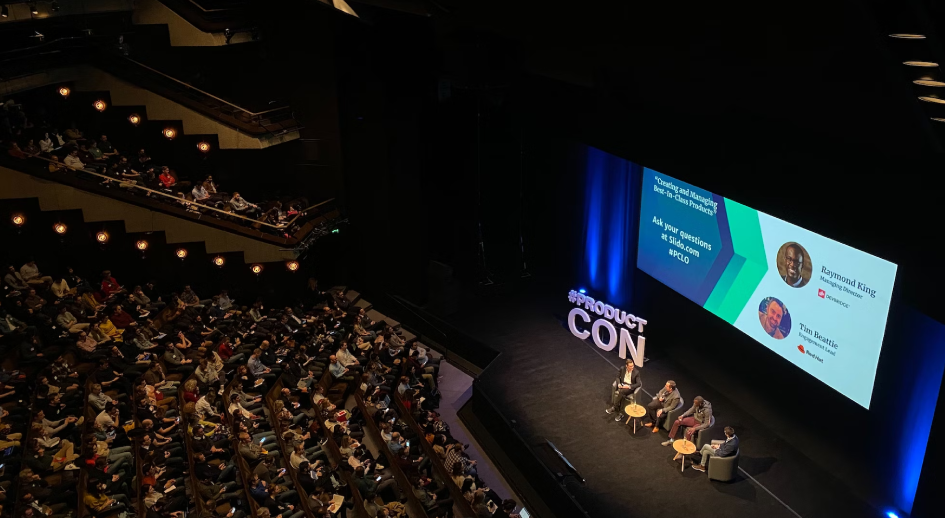Organising a conference requires meticulous attention to detail. Whether you’re working on a business conference, a professional gathering, or a global industry, careful planning is essential for anyone looking to pull off a successful and memorable event. It’s no easy task, however, and requires both multi-tasking and planning – sometimes years in advance, and sometimes just days. Whatever your event is, there are a few key steps required to plan the best possible event.
Define Your Event’s Objectives
The first step in planning any conference is to clearly define your objectives. What do you aim to achieve through this event? Are you launching a new product, or looking to share your company’s expertise? Or are you simply looking to network and meet with fellow professionals working in the same industry? Once you’ve set out your specific goals, you’ll be able to better shape your conference’s agenda, select appropriate speakers, and find the right target audience. If you’re unsure what your goals are, or how to go about achieving them, consider turning to a Destination Management Company (DMC) like Safarak – our team of experts have years of experience planning meetings, incentives, conferences and exhibitions, and can help you figure out what’s best for your event.

Choose the Right Venue
When it comes to hosting a successful conference, location is key. From luxury resorts and beachfront hotels, to state-of-the-art convention centres, there are plenty of options, and you’ll need to find a venue that suits your event’s unique requirements. When you’re making your choice, you should take into consideration factors such as the venue’s capacity, the amenities on offer, transport links, and the venue’s technical capabilities. The UAE in particular is home to a range of venues that regularly host international conferences and exhibitions, including the Al Hamra International Exhibition and Conference Centre in Ras Al Khaimah, and the Dubai World Trade Centre in Dubai.
Create an Engaging Agenda
Crafting a well-rounded and engaging agenda is essential to keep your attendees interested and motivated throughout the conference. Think carefully about the topics you want to cover, and outline topics, sessions, and workshops that align with your business’ objectives. The line-up of speakers is often a conference’s biggest draw, so choose them carefully. Include a mix of panel discussions, interactive sessions, and networking opportunities in your event itinerary, and don’t forget to include breaks or social activities to allow guests to recharge.

Provide Support
It’s crucial that the conference attendees have a seamless, hassle-free experience, so you should have a dedicated team on-site at all times, providing guests and speakers with support and assistance throughout the conference. Set up a registration desk to hand out information such as maps or timetables, and ensure staff are always readily available to address any issues. This way you can give attendees a positive experience, and ensure they’re more willing to attend any future conferences you might be planning. By asking guests for feedback, you can also get a good idea of what you might need to improve on.
If you’re planning an international event, then finding a local partner may be one of the most crucial steps. As they will know all about the local customs, rules and regulations – and have existing relationships with local businesses – they can provide support to both you and your guests. If things don’t go to plan in the run-up to or even during your event, a local partner will be there already, on hand and able to sort out any unforeseen problems.

